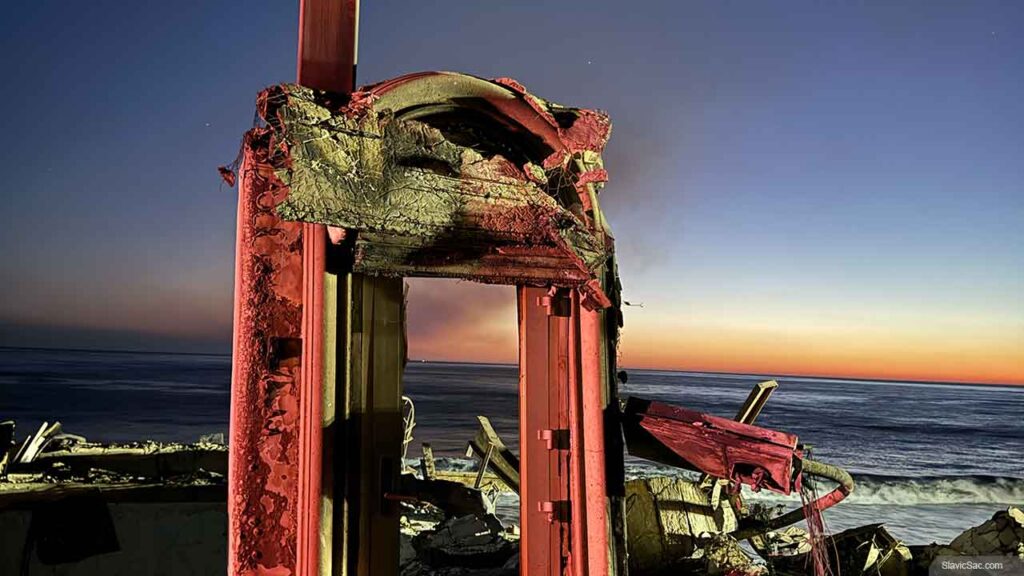It’s been about 11 months since the Alexandrov family left their home in the Russian city of Barnaul behind. Today, Marina and Alexander Alexandrov are beginning a new life in Sacramento with two of their children: their teenage daughter, Nasty, and their son, Sasha.
Two other children remain elsewhere. Their eldest son, 24, was forced to stay in Russia to serve in the military. Their eldest daughter, 19, is in Slovakia, studying to become a translator. She has no plans to return to her homeland, her father said. Nasty also hoped to study in Slovakia, but her visa was denied, meaning she would leave Russia with her parents.
The family’s desire to leave Russia began in the spring of 2023. Alexander, despite being 49 years old, was still vulnerable to being called to serve in the war.
Religion was another factor. The family identifies as Protestants, a complicated reality in a country that increasingly represses those who do not belong to the dominant Russian Orthodox Church.
“In Russia, we were not accepted,” Alexander said, recalling a Protestant pastor back home who was told to stop preaching. Indeed, according to the Wilson Center, state-led religious repression in Russia runs deep, with officials imposing “the ideology of a so-called ‘Russian World,’ with an Orthodox undertone.” The report adds: “The Kremlin uses this ideology for its own purposes, linking political loyalty to the religious teachings of the Russian Orthodox Church (ROC). This has allowed the exclusion of any religious expressions and political views that diverge from the official positions of the Church and the Kremlin.”
A 2023 U.S. Department of State report also notes the reprisals that non-Orthodox believers may face: “Russian authorities frequently persecute and detain individuals based on their religious beliefs, particularly targeting groups deemed ‘extremist’ or ‘undesirable.’”
After deciding to leave, the Alexandrov family sold their apartment and began their journey, flying from Russia to Europe and then to Mexico City. From there, they flew to Mexico’s northern border with Texas, where they attempted to seek asylum in the United States via the U.S. Customs and Border Protection’s mobile application. However, they never received a date to appear at the border and eventually crossed on foot without permission.
In Sacramento, the family has faced immediate challenges. They are seeking asylum but cannot work legally for now. Marina also worries that local employers will not recognize her Russian bachelor’s degree. As they navigate the asylum process, they receive some support from state and county agencies. Local churches are also helping the family, and they have shared their story on social media through Russian diaspora groups. The response has been heartening, with some people offering furniture and food.
Despite the challenges, there are bright spots. At first, the family knew no one outside of Russia. However, through church, they met families in Mexico City and California.
Most importantly, they are grateful for the level of religious freedom and diversity they’ve found in Sacramento. “We were pleasantly surprised by the large variety of churches in Sacramento and how freely they are able to carry out their activities,” Alexander said.
Виталий Атаев Трошин, SlavicSac.com
California Local News Fellowship
Руслан Гуржий, SlavicSac.com




